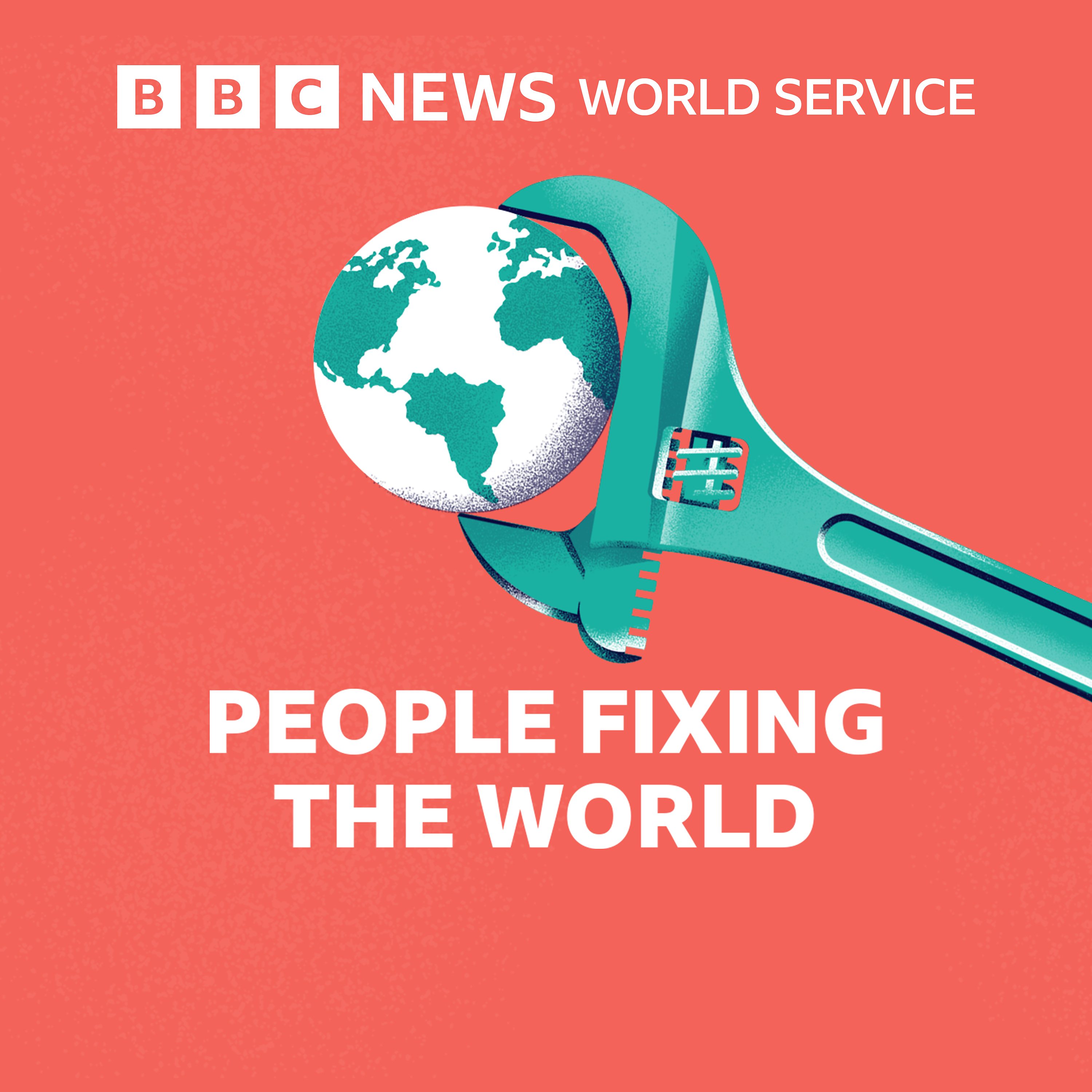Home > People Fixing the World > The Street Where Houses Come Half-Built

The Street Where Houses Come Half-Built
People Fixing the World
Jun 5, 2018
People Fixing the World
Jun 5, 2018
Two thirds of the world’s population are expected to live in cities by 2050 according to the UN. But where will all these extra people actually live? Budgets to build new social housing are limited, so one architect has been working on a radical solution. To cut costs, Alejandro Aravena suggests providing people with only half a house that they complete at a later date with their own money. Several estates have already been built this way around the world. Tom Garmeson travelled to one in Chile to see how people are living in these new communities.
Presenter: Nick Holland Producer: Tom Garmeson
Photo Caption: Half a house Photo Credit: BBC

The Street Where Houses Come Half-Built
--:--
--:--
